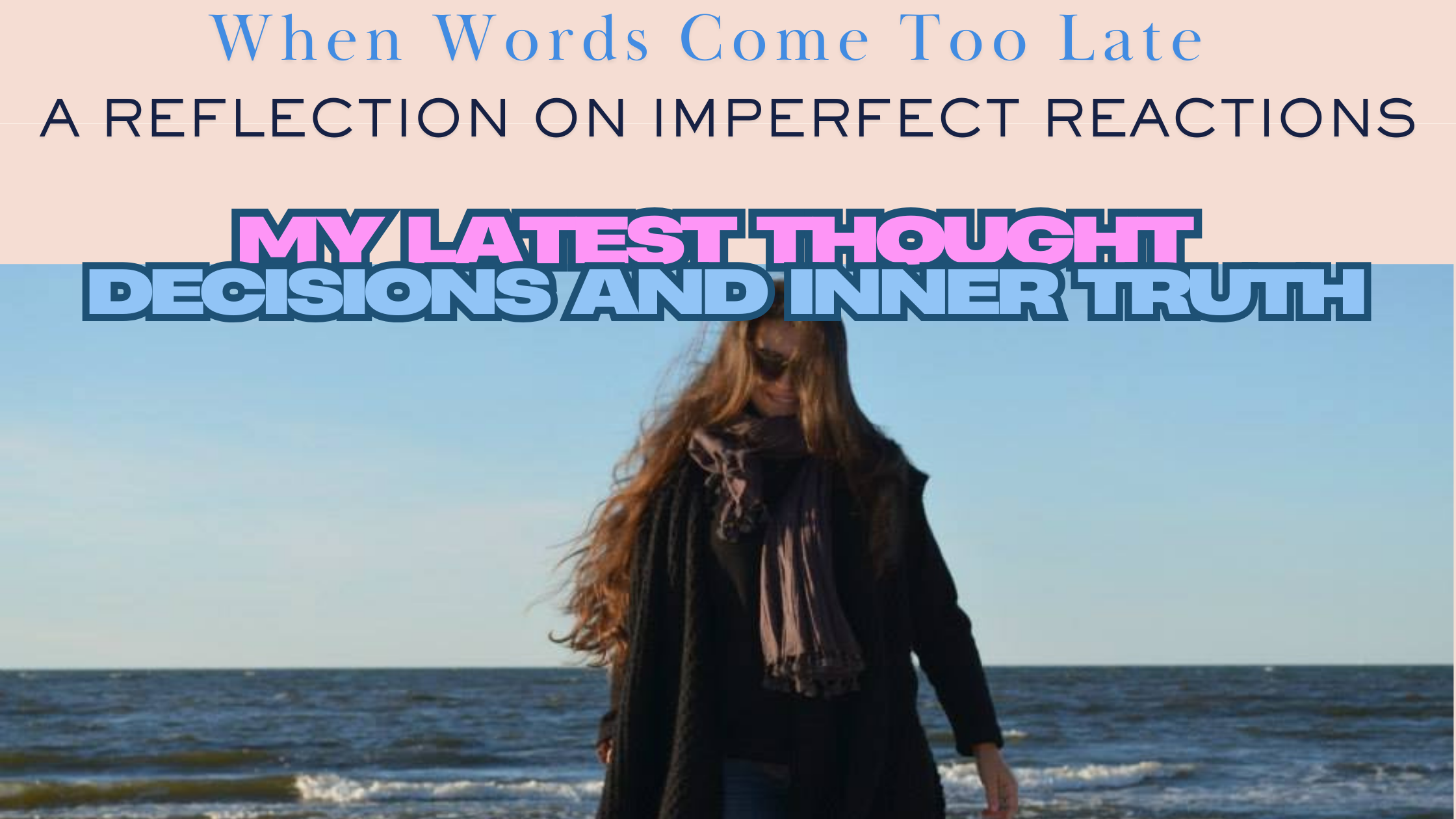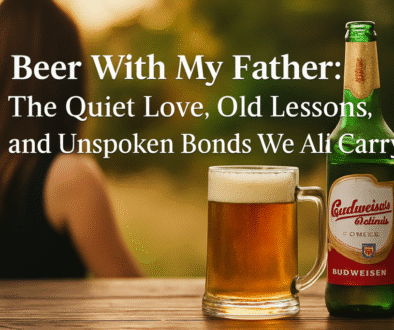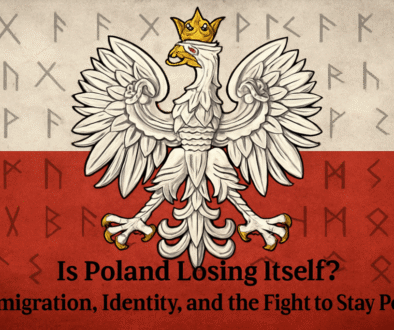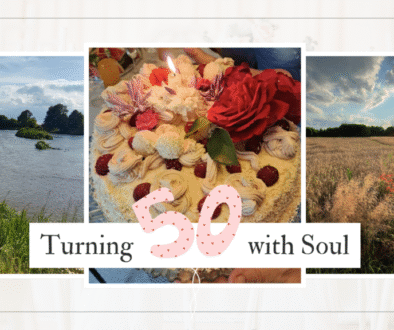
Gdy słowa przychodzą za późno
Gdy słowa przychodzą za późno
A Reflection on Imperfect Reactions
You know that moment when something intense happens—someone is shaken, hurt, defenceless—and you witness it? You feel the weight of it, you know it’s brutal, and yet, in that very instant, you do what you can. Maybe it’s not perfect, maybe it’s not even great, but it’s what happens. Then, later, when the dust settles, the mind wakes up and decides to do a grand post-game analysis:
“Oh, you should have said this.”
“You should have done that.”
“If I were you, I would have…!”
Well… hello! Really? Would you? Do we actually know how we’d react until we are inside the moment, heart pounding, brain flipping through options like a bad internet connection—buffering, buffering, buffering—until it just does coś?
I caught myself doing exactly this recently. A person I know went through something harsh, unfair, where defending themselves wasn’t even an option. Their spirit shook. They did the best they could. And what did I do? Later, after it was all over, I heard myself saying, You should have said this. You should have done that.
The second I realized what I had done, I wanted to smack myself (gently, of course—self-care and all). Who am I to say what anyone should have done? Do I always react perfectly in every situation? (No. Big no.) So why this urge to correct someone else’s response, especially when they were the one caught in the storm?
And then came the guilt. That deep, aching guilt of knowing that, instead of offering comfort, I had added another weight to carry. That’s when I did something rare—I actually committed to acknowledging my mistake. (Highly recommend. Not always fun, but worth it.)
When We Are Put to the Test, We Are Who We Are
There’s a reason why the best comebacks come hours after an argument, why we suddenly realize the right thing to do when it’s no longer needed. Because in the moment, we are not sitting calmly with a notebook, consulting the “Perfect Response Handbook.” No, we are human wired to feel first, react next, analyse later.
Some freeze. Some fight. Some walk away. Some go silent, not because they don’t care, but because words fail them in that moment. And that’s okay.
We are not machines programmed for instant perfect responses. And unless we are some enlightened yogis who have mastered the art of total awareness (if you are, please share notes), we will always have these Oh, I should have… moments. It’s part of the human experience—one that teaches us, humbles us, and, if we let it, makes us a little softer toward others who also fumble their way through life.
Ego, Fear, and the Love That Hides Behind It All
When we break it all down—why we react the way we do, why we regret, why we analyze—there is always one common thread: love.
Yes, love. Hidden under layers of ego, fear, self-doubt, pride, anger, or hesitation. But at its core, every reaction we have, every mistake we make, every should have, could have, would have—it all circles back to love. Either the presence of it, the lack of it, or the fear of losing it.
The ancient wisdoms (you know, the ones from the really old, really smart people who sat under trees and thought instead of doom-scrolling) say that we are all just trying to remember who we truly are—light, love, pure awareness. But life layers us with experiences, fears, and reactions that dim that light. Some people never get a chance to see things in a kinder way. Some are blocked by fear. Some lash out because they know no other way. But at the root of it all, the start and end of every emotion, is always love.
So maybe the next time we catch ourselves judging—ourselves or others—for not reacting perfectly, we take a step back. Maybe instead of “You should have…” we say, “I see you. That was hard.” Maybe we stop expecting ourselves to be spiritual warriors in every battle and allow ourselves to just be human.
Because, in the end, the words will always come later. But kindness? That we can choose now.
And maybe that’s the whole point—not to be perfect in every moment, but to be real. To admit when we fumble, to forgive ourselves when we overthink, and to remind each other that we’re all just figuring this out as we go.
So tell me—have you ever had one of those “I should have said/done…” moments? What did you learn from it? Or did you, like me, just shake your head at yourself and think, Well, there’s another lesson for the list…


